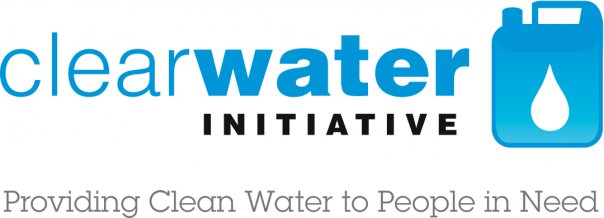As I sit here, eating my palak paneer, I survey the restaurant -- a basketball court sized area of chairs and tables under two giant green tents. I am entranced by the men washing two blue Nissan sedans less than thirty feet from me. Instead of a parking lot outside the restaurant, there is a car washing facility—a car washing bay if you will. It is convenient, for sure, not necessarily sanitary with the water run off so close to the cooking area, but it is definitely an inventive combination of two unlike activities, like the phone and camera.
Beyond the restaurant and over the
 fence, men were welding steel boxes in a metalworking shop. I could also smell the pungent odor of burning plastic wafting from the piles of refuse smoldering in the vacant lot behind the building. The smell settled in the air, filling the void after the sweet aroma of sauteed garlic and coriander had dissipated from the naan and fish masala served to the table next to me. Thin strips of black plastic, once part of bags, danced like snowflakes before eventually falling to the ground. The sensory experience made me appreciate the little respected practice of zoning.
fence, men were welding steel boxes in a metalworking shop. I could also smell the pungent odor of burning plastic wafting from the piles of refuse smoldering in the vacant lot behind the building. The smell settled in the air, filling the void after the sweet aroma of sauteed garlic and coriander had dissipated from the naan and fish masala served to the table next to me. Thin strips of black plastic, once part of bags, danced like snowflakes before eventually falling to the ground. The sensory experience made me appreciate the little respected practice of zoning.Life without zoning can reduce your daily commute. A cement factory employee could live literally next to his job. He could eat at a restaurant adjacent to the gas station which is next to the welder's shop adjacent to a cassava field. This is all kitty-corner to the bus station. He could live in a city and never have to leave a few block radius. It's like the convenience of living in New York, but without the safety benefits that zoning provides.
At the Gulu bus station, there is a shallow well right in the middle of the station. Not in a public waiting area -- which doesn’t exist in Gulu -- but right next to parked buses. Convenient, yes, but contaminated by the traffic that surrounds it the leaking oil and allowing for other contaminates into the water point. Still people were dutifully pumping to fill their jerry cans full of water.
Proper zoning s
 hould prevent the contamination of water in instances like this. A gas station should not be near a water source and a dump should not be next to a restaurant. Without a government outlining the risks or without education, the population might not understand how dangerous such scenarios can be. Without leadership, uncoordinated development just happens. And in many countries, especially those in post conflict, it can be dangerous.
hould prevent the contamination of water in instances like this. A gas station should not be near a water source and a dump should not be next to a restaurant. Without a government outlining the risks or without education, the population might not understand how dangerous such scenarios can be. Without leadership, uncoordinated development just happens. And in many countries, especially those in post conflict, it can be dangerous.Some know the true risks of contaminated water such as this; others know that there is a risk, but not how great. We have seen women collecting water from contaminated sites because it was the easiest source for them; many times because it was the only. A brutal combination of a lack of education, the realities of living with inadequate infrastructure and resources as well as ignorance forces people to act. Our role is not just to put water points in the ground, but to educate on the importance and the definition of clean water, to ensure that people don’t build a bus station on top of a well, or a well in a bus station.





No comments:
Post a Comment